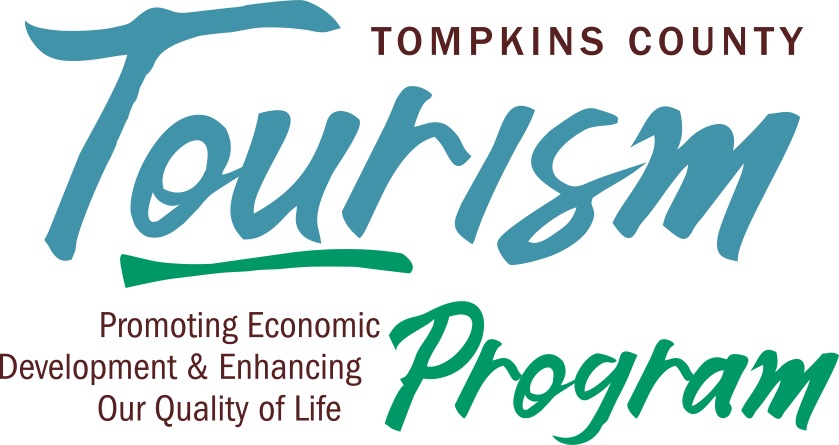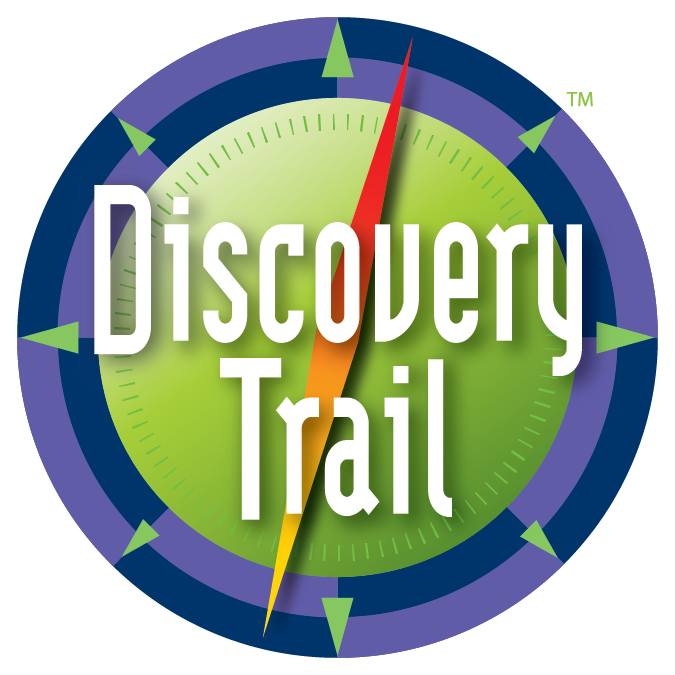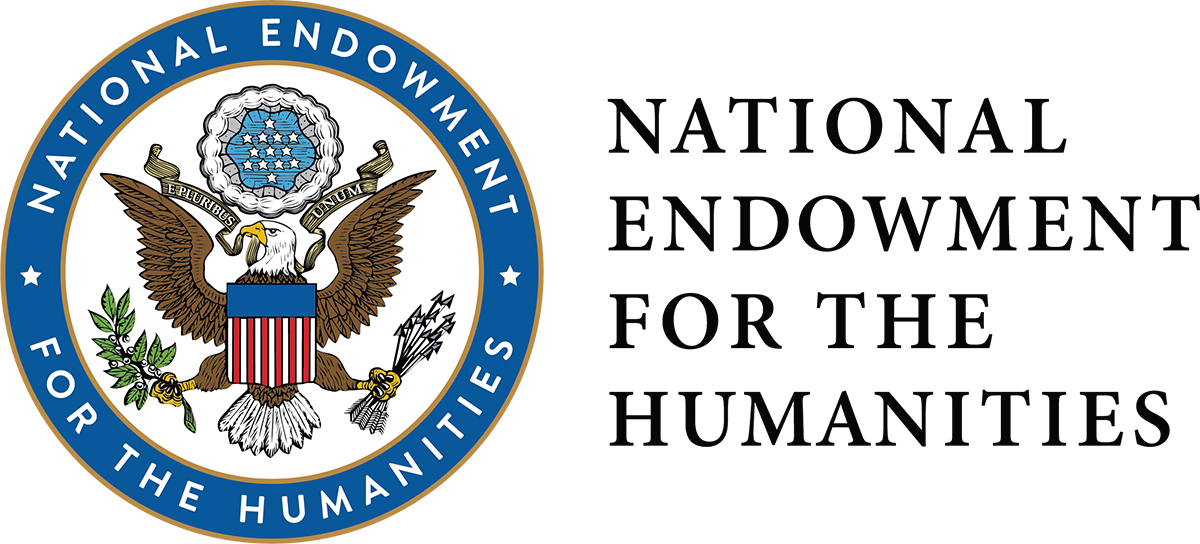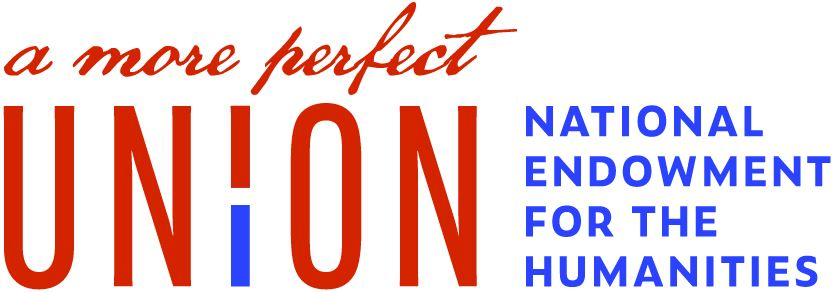THE HISTORY CENTER BLOG
Physical Address Located inside the Tompkins Center for History & Culture 110 North Tioga Street (On the Ithaca Commons) Ithaca NY, 14850 USA | Hours Exhibit Hall - Wednesday-Saturday 10am-6pm - CLOSED Sun-Tues Cornell Local History Research Library & Archives - By appointment only. Please contact archives@thehistorycenter.net | Contact Email: Refer to Contact page for individual emails, General inquiries to community@thehistorycenter.net Phone: 607-273-8284 Web: thehistorycenter.net |
Find us on social media @tompkinshistory |
Powered by Wild Apricot Membership Software
.png)











